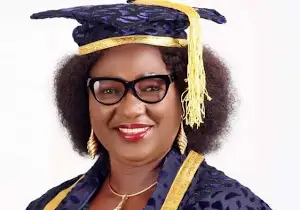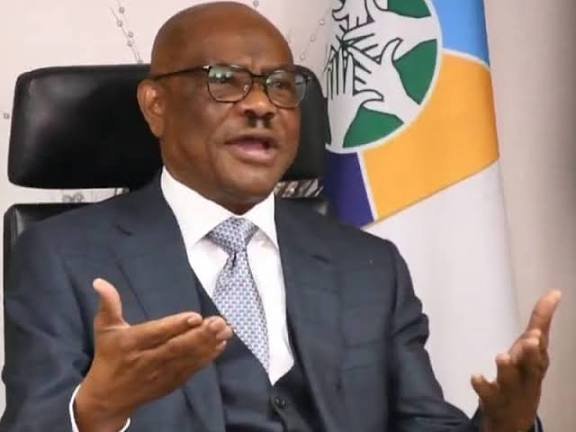VC UNICAL, Prof. Florence Obi.
By Emmanuel Okon
Tension is steadily rising at the University of Calabar as the institution prepares to advertise the position of Vice Chancellor—a routine academic transition now mired in controversy. At issue is a proposal by the Chairman of the Governing Council, retired DIG Udom Ekpoudom, to introduce a new eligibility criterion that appears designed to exclude strong, qualified contenders.
The proposal: to make 10 years of post-professorial experience the minimum qualification to apply. On the surface, it may appear a harmless administrative adjustment. But in reality, it disrupts over two decades of precedent and threatens to plunge the university into legal and reputational trouble that could stall the entire succession process.
A History Worth Respecting
Over the past 25 years, UNICAL has adopted a consistent and inclusive pattern for this very requirement. From 2000 to 2020, candidates were required to have been professors for between five and nine years before becoming Vice Chancellor:
Prof. Ivara Esu (2000) – 5 years
Prof. Bassey Asuquo (2005) – 5 years
Prof. James Epoke (2010) – 7 years
Prof. Zana Akpagu (2015) – 7 years
Prof. Florence Obi (2020) – 9 years
This sequence reflects a fair and evolving standard, typically retained for at least two cycles before any modification. To now impose a 10-year cutoff—after just one cycle at nine years—breaks with this tradition and sends worrying signals about hidden agendas.
Fixing What Isn’t Broken
It is important to note that no first-generation university in Nigeria currently uses 10 years as the minimum requirement. The average remains between six and eight years. UNICAL itself has demonstrated, through successive Vice Chancellors, that excellence and competence are not guaranteed by the length of time one has held the title of professor.
The concern is clear: this abrupt change appears less about quality assurance and more about preemptive exclusion. Insiders report that the university community—academic and non-academic alike—is agitated. Several members of the Governing Council are said to have dissociated themselves from the Chairman’s position, citing a lack of due process and consensus.
Worse still, the current Vice Chancellor, Professor Florence Obi—whose own appointment in 2020 was based on the 9-year mark—risks being drawn into the controversy. If she supports or enables the enforcement of a 10-year benchmark, it will rightly be seen as hypocritical and possibly self-serving.
Implications of a Flawed Process
The Federal Ministry of Education has already raised eyebrows. A senior official described the move as “unfair and legally questionable.” Legal action is now being actively considered by stakeholders who argue that the move violates the principle of equity and could jeopardize the legitimacy of any candidate selected under such terms.
A flawed advertisement will not only attract lawsuits—it will erode trust in the university’s leadership, delay the selection process, and create deep fissures in an already fragile governance structure.
The Path Forward
The university community is not asking for shortcuts. They are demanding fairness. A reasonable compromise would be to adopt an 8-year benchmark—consistent with national norms, institutionally inclusive, and administratively defensible.
Anything beyond that risks being viewed as contrived and exclusionary.
UNICAL has the opportunity to model fairness and transparency. The Governing Council and University Management must remember that institutional integrity matters more than individual ambition. Let them do the right thing—before it is too late.
Emmanuel Okon is a Public Affairs Analyst, Education Correspondent, and advocate for inclusive governance in Nigeria’s tertiary institutions. He writes from Calabar.
Twitter: @EmmanuelOkon_NG | Email: emmanuel.analyst@gmail.com










